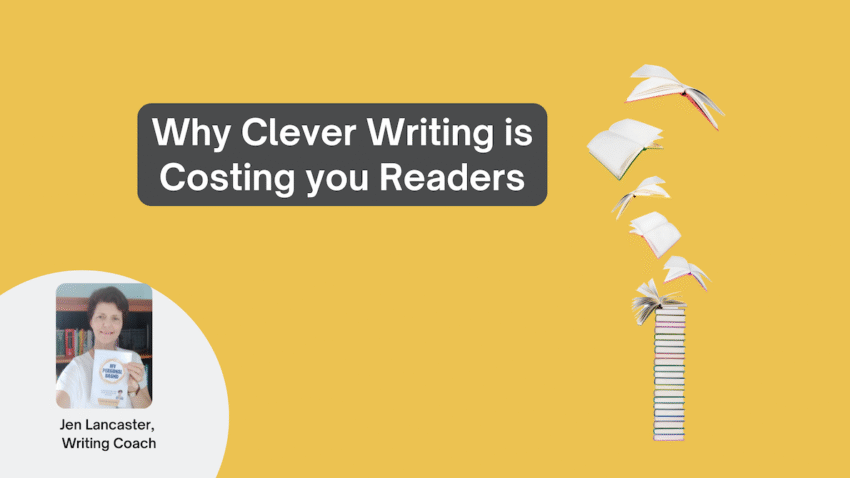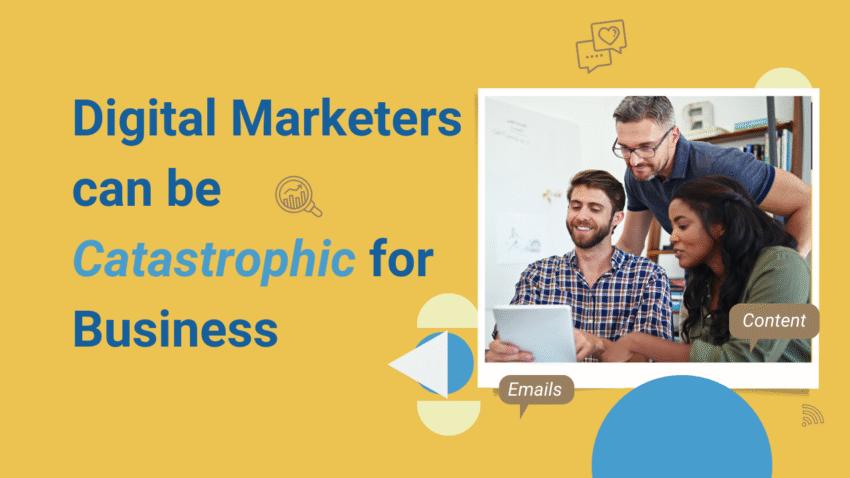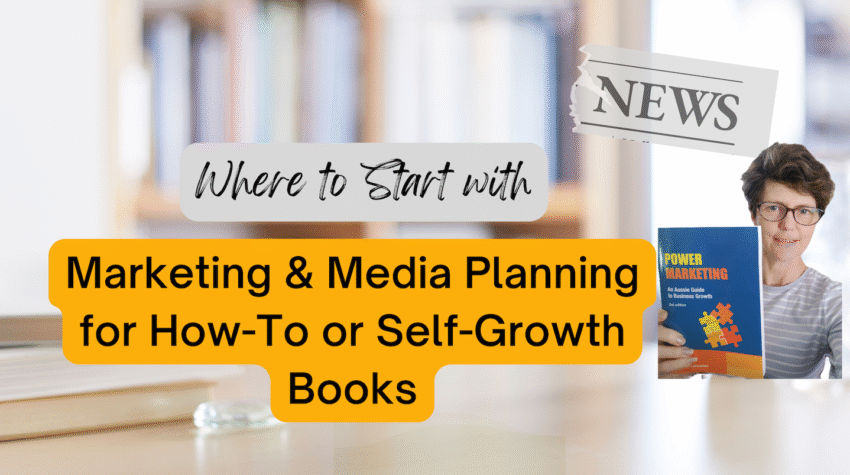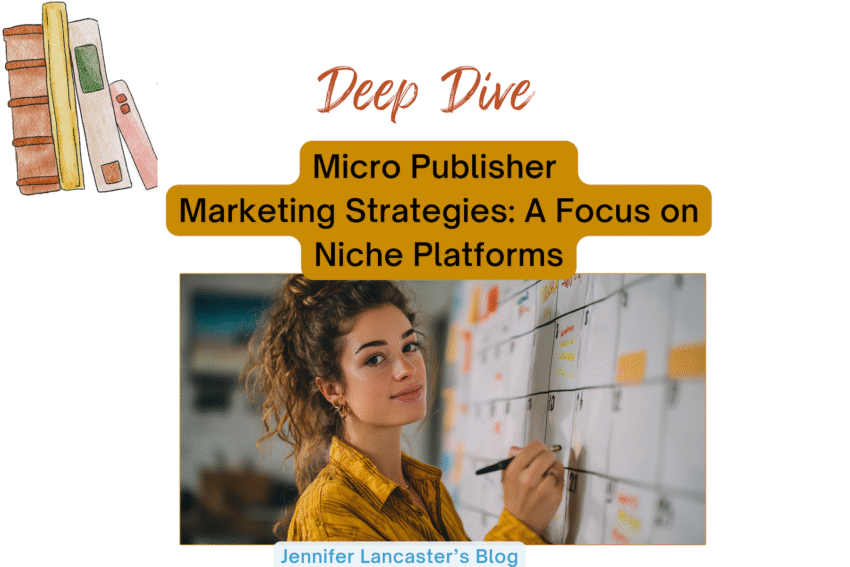Last week I bought a Kindle book about Mastering your own Public Relations. Firstly, if you use a title along those lines, you will attract people wanting to DIY their brand publicity/PR and expecting some handy tips. Using ChatGPT can help with getting ideas for chapter titles because it will make the titles in a similar fashion that you can then adjust. But for words? Well, let’s see where the use of ChatGPT for book writing all went wrong.
There were some real entrepreneur stories of success in the eBook, and these were the ideas I wanted to be taken deeper into. Many other pieces were quite obviously explanations and benefit lists generated by a chatbot. I recognised the boring tone straight away. Now, there are two reasons that this doesn’t work.
The first is, ChatGPT and you don’t speak in the same vernacular. This large language model (LLM) (if not prompted specifically) says “individuals” and “business owners” rather than using the friendlier “you”, which was used when the author wrote the text. Hence the point of view is all over the place.
Let me show you an example from this ebook that was unread:
Another reason why influencers, opinion formers and celebrities are important for marketing is that they can create authentic connections. They want to see real people using and endorsing products before they make a purchase.
(This is confusing as the first they is ‘the influencers’ and the second they is ‘the public’).
The second problem is, many of the paragraphs I read were just basic explainers and did not recognise the stage the soloist or owner was at. Typical readers would not be just starting out and deciding on a business plan type at this point. It went from some basic explanations to an author boast to an unedited (waffly) quote. A structural edit would have been of great benefit.
Then, there was a list of Social Media Marketing tools without any names of software or insider tips. A quick Google and we can get both great articles about marketing schedulers and names of top tools. If I was writing this book, I would include the types of images and their ratios that relates to which platform and the lengths of social text posts.
Why not hire an Editor?
My other critique was – if the author was short on time and felt this was a reason to use a chatbot, why on Earth did she not use a professional copyeditor? A manuscript assessment/review would also be advisable for the higher-level problems.
Reputation loss for Chatbot users
Creative work and editing refinement is hard, but do you know what’s harder? Recovering a loss of reputation in readers who may have gone on to become a client later if they had respected the book.
While you may skate by with your friends, people who don’t know you who buy it will be confused and left feeling there was something quite amiss. This is damaging to your personal brand and credibility, which is a major reason for a writer to publish in the first place.
Overall, my advice is to steer clear of using chatbot answers in books. If you need to use a grammar checker, that’s fine. If it’s sophisticated enough it might pick up a change in perspective – but then again, it can only pick up what it’s programmed for.
How to save time when writing a book instead?
To get it all in the same point of view and tone, the first step is to use your dictation device or Otter.Ai, which converts to text. Second, after using Google Scholar or textbooks or Time magazine articles to research, add the pieces of proof and quotes from experts. (Or use inspirational tidbits if it’s more of an encouraging self-help book). Note all references down. For in-text quotes, the citation box is usually top right in the Scholar or PubMed paper.
Third, have a good READ over the manuscript in one go. (It must be in one go to catch the problems). Note the things that jump out at you. Fix those things. Or if you don’t know what to look for, proceed to step four.
Here at BAA, Jennifer does all the editing and writing coaching – until we grow beyond this stage. Ask for a quote for Developmental Editing Review or Copy Editing – this link goes to differences between the two. Then be pleasantly surprised by the value and detail of the work.
These testimonials reflect the value of editing or writing support.
Purposefully put your best work out there and be proud of all the books you ever produce.









